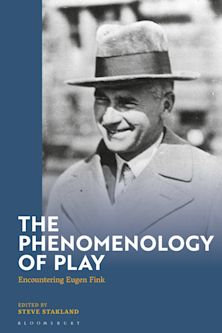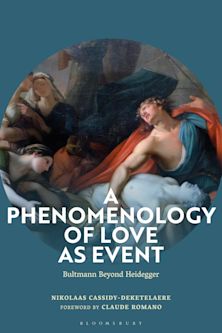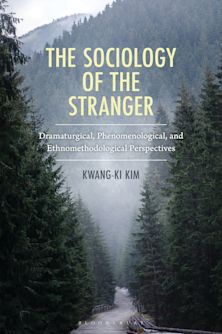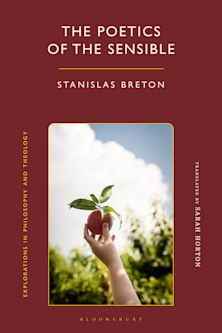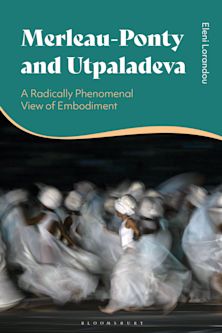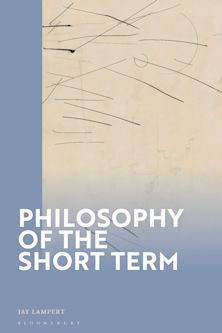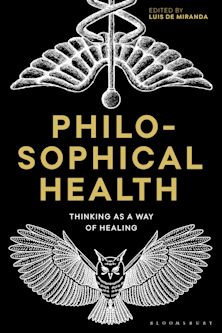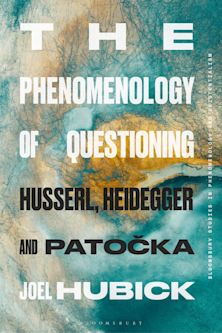Heidegger, Dasein, and Gender
Thinking the Unthought
Heidegger, Dasein, and Gender
Thinking the Unthought
This product is usually dispatched within 2-4 weeks
- Delivery and returns info
-
Flat rate of $10.00 for shipping anywhere in Australia
Description
Heidegger, Dasein, and Gender takes Heidegger to task on gender by assessing his views on women as thinkers and exploring what his work offers to contemporary LGBTQ+ and women’s studies. Scholars come together whose Heidegger research engages bioethics, pregnancy, motherhood and maternal Dasein; whether Dasein can be gender neutral or non-binary, and what it means when ‘neutrality’ and gender are defined by patriarchy rather than the spectrum of lived genders; the question of human capacity for transcendence in the immanence of flesh; and the possibility of re-imaging Dasein as gendered, i.e., born into embodiment and bound to memory, and the capacity to create new futures by transitioning the present as it slips into history. Authors ask who and what, including animals, can be Dasein and bring Heidegger to issues of sexual abuse and violence, men’s experience when thrust into women’s daily (and not so daily) routine, and the intersection of queerness and death. The book aims not to provide final answers, but to open possibilities for further thinking with, on, against, through and because of Heidegger.
Table of Contents
Tricia Glazebrook
Editor’s Introduction
Susanne Claxton
Chapter 1. Heidegger, Dasein, and Gender in a non-binary Epoch
Tricia Glazebrook
Chapter 2. In Defense of Dasein’s Neutrality
William McNeill
Chapter 3. Antigone’s (Poetic, Queer) Death: Heidegger, Butler, and Mortality
Katherine Davies
Chapter 4. The Im-Passability of Transition: Heidegger and Transgender Discourse
Rylie Johnson
Chapter 5. Maternal Dasein: Ruddick and Heidegger on “Authentic Mothering”
Dana S. Belu
Chapter 6. Dasein and the Experience of Pregnancy: Contemplating Becoming-With, Attunement and Temporality with and beyond Heidegger
Marjolein Oele
Chapter 7. The Ontogenesis of Human Beings and an Ethics of Re/membering
Róisín Lally
Chapter 8. “This is what it’s like for some women all the time”: Phenomenological Reflections of a White Male during the COVID-19 Pandemic
Casey Rentmeester
Chapter 9. Problem: What is Woman? The Hermeneutics of Sex/Gender Facticity
Jill Drouillard
Chapter 10. Da-Sein’s Pronouns
Babette Babich
Chapter 11. Queering Heidegger: An Applied Ontology
E. Das Janssen
About the Contributors
Product details
| Published | 07 Dec 2024 |
|---|---|
| Format | Hardback |
| Edition | 1st |
| Extent | 258 |
| ISBN | 9781538198636 |
| Imprint | Rowman & Littlefield |
| Dimensions | 229 x 152 mm |
| Series | New Heidegger Research |
| Publisher | Bloomsbury Publishing |
Reviews

ONLINE RESOURCES
Bloomsbury Collections
This book is available on Bloomsbury Collections where your library has access.















